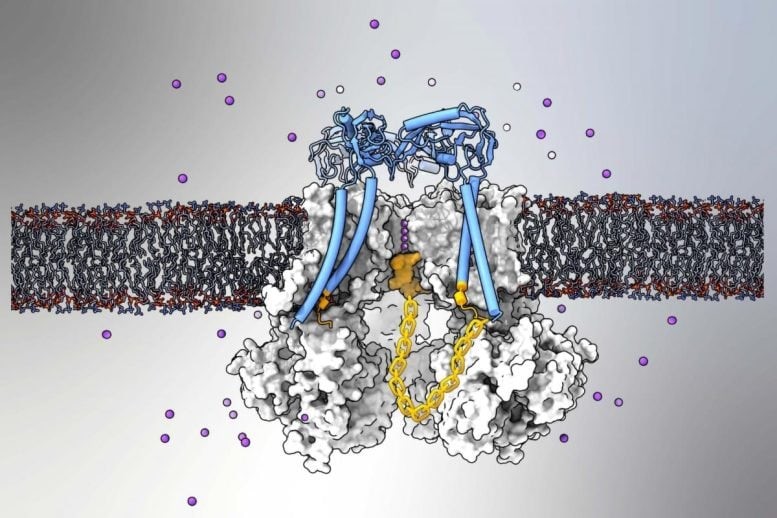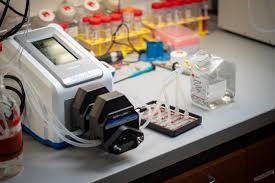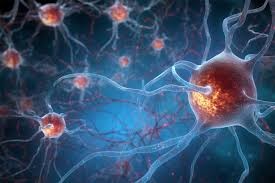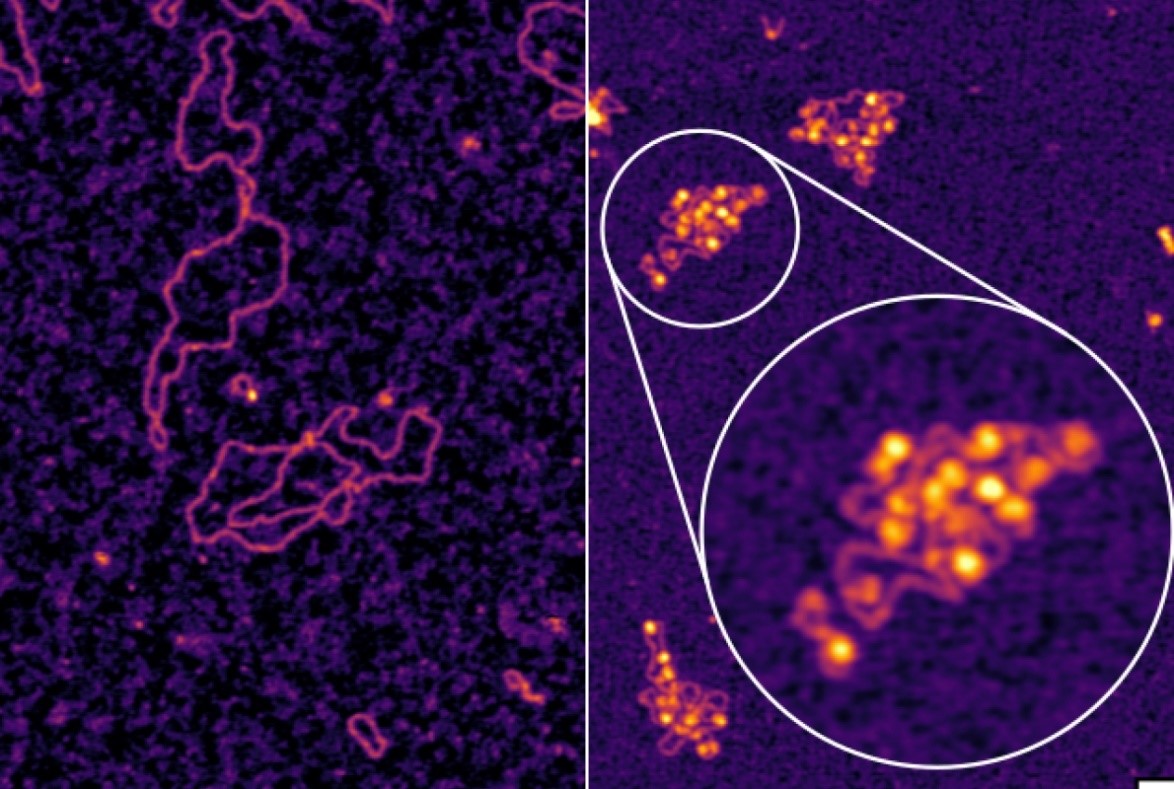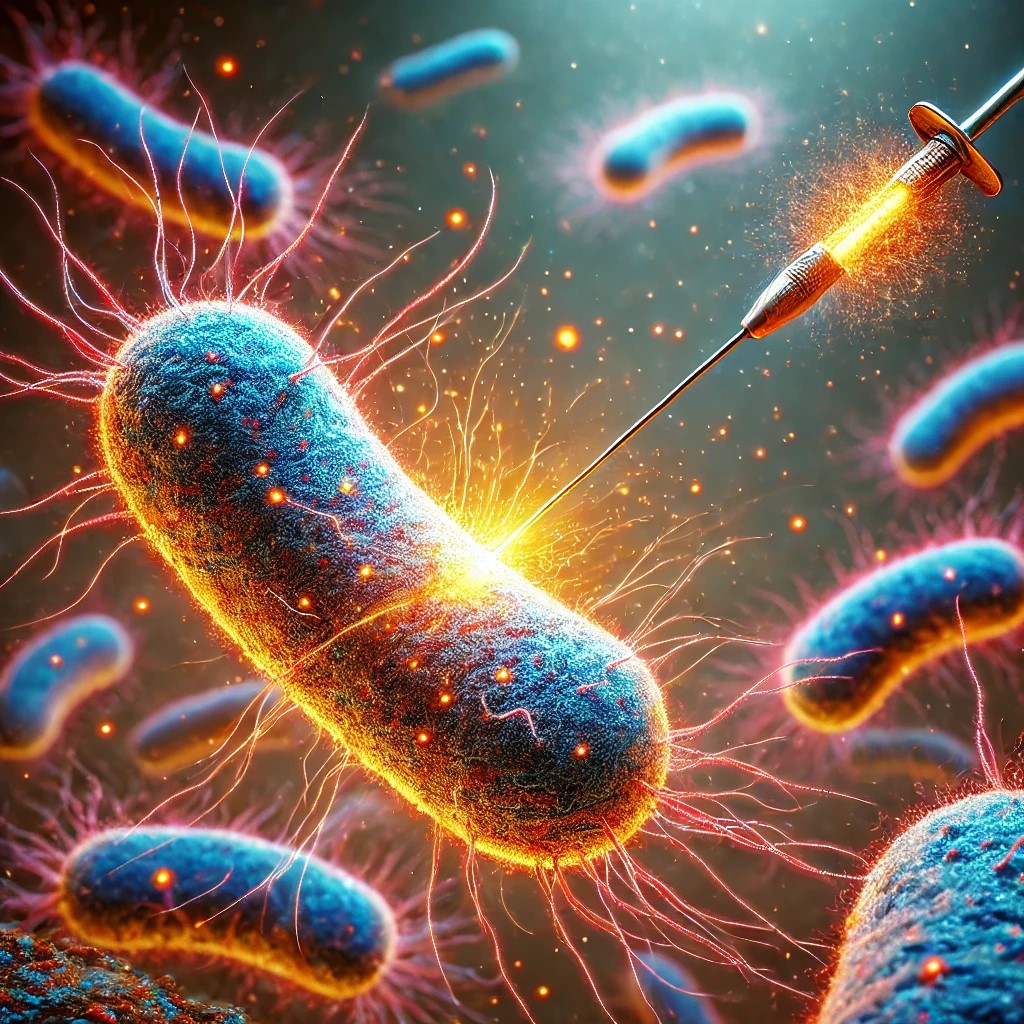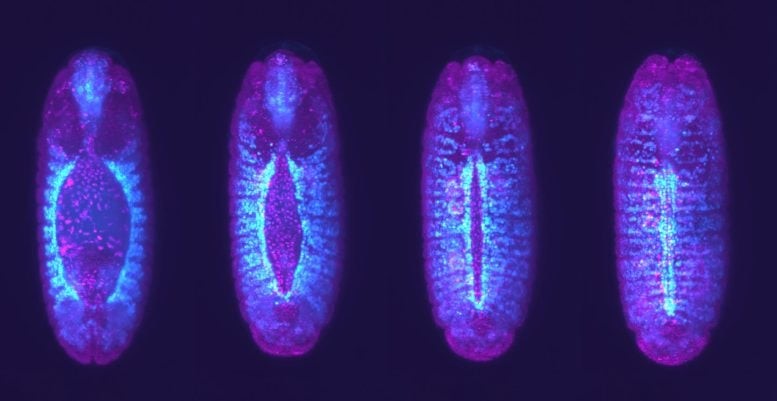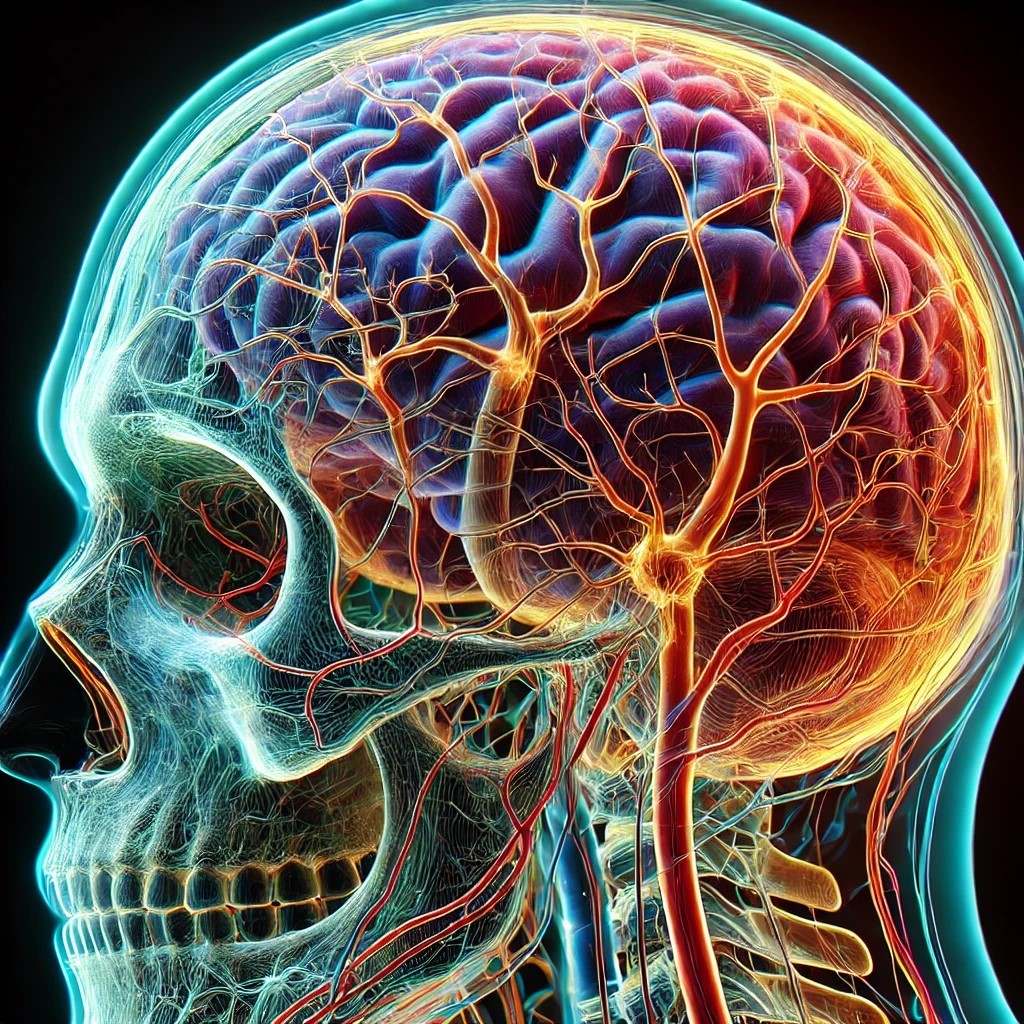The Revolutionary Cancer Theory That Could Transform Our Understanding
Rethinking Cancer: A New Perspective on Its Origins
In a recent essay, scientists challenge the traditional genetic-based model of cancer, advocating for a more comprehensive approach that includes non-genetic factors in cancer development.
They point out inconsistencies in genetic research and suggest exploring alternative theories, such as disruptions in gene regulatory networks and tissue organization. This shift in perspective could pave the way for more effective treatments and better preventive measures against environmental carcinogens that do not cause direct genetic mutations.
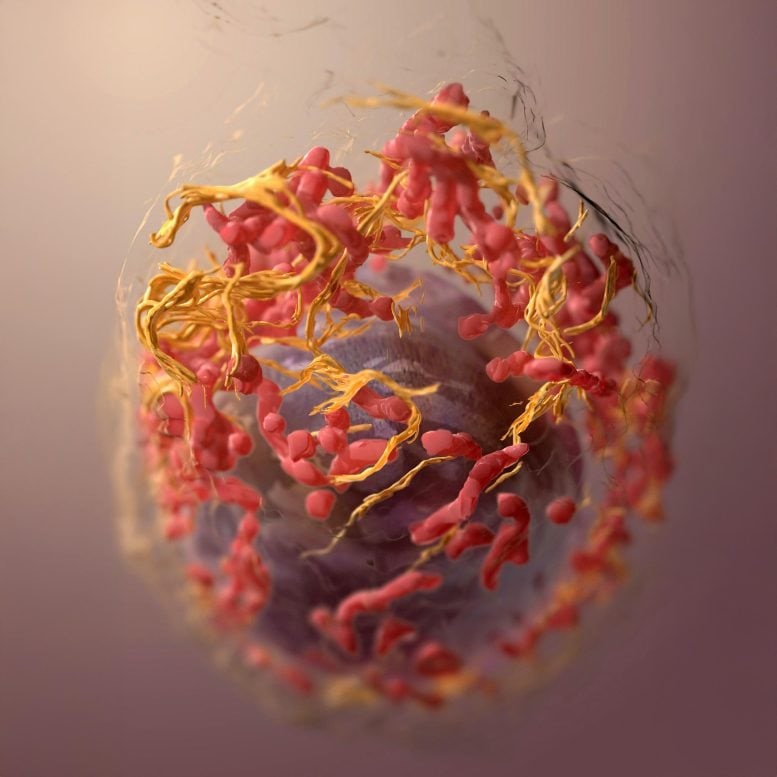
Figure 1..3D structure of a melanoma cell derived by ion abrasion scanning electron microscopy.
Questioning Cancer’s Genetic Foundation
Sui Huang from the Institute for Systems Biology and colleagues argue in a newly published essay in PLOS Biology that researchers should reassess the long-standing belief that cancer is primarily a genetic disease.For decades, the dominant theory has been that cancer arises from the accumulation of genetic mutations, enabling uncontrolled cell growth [1]. This concept has driven extensive genome sequencing efforts, such as The Cancer Genome Atlas, aimed at identifying key mutations and developing targeted therapies.3D structure of a melanoma cell derived by ion abrasion scanning electron microscopy shown in Figure 1.
Challenging the Mainstream View
However, Huang and his team dispute this somatic mutation theory, deeming it unproductive. They highlight contradictions in genetic data, including cases where cancers lack clear driver mutations and instances where normal tissues carry cancer-associated mutations without forming tumors.
Instead, they propose a broader perspective that looks beyond genetic mutations. Alternative models include the idea that cancer results from disruptions in gene regulatory networks (Huang) or from breakdowns in tissue organization, where changes in the cellular environment contribute to tumor formation (Soto-Sonnenschein). The authors argue that embracing these alternative frameworks could provide deeper insights into cancer’s origins and reshape future research directions.
Moving Beyond Genetic Mutations
The authors emphasize: "Fully recognizing that cancer’s origins extend beyond genetic mutations will open new avenues for treatment and prevention [2]. Acknowledging that not all carcinogens are mutagens will enhance public health policies, reducing exposure to environmental non-mutagenic factors—such as food additives, plastics, and other toxic substances—that disrupt tissue homeostasis and may promote cancer."
References
- https://scitechdaily.com/the-new-cancer-theory-that-could-change-everything-we-know/
- https://journals.plos.org/plosbiology/article?id=10.1371%2Fjournal.pbio.3003052&utm_source=chatgpt.com
Cite this article:
Keerthana S (2025),The Revolutionary Cancer Theory That Could Transform Our Understanding,AnaTechMaz,pp. 342








